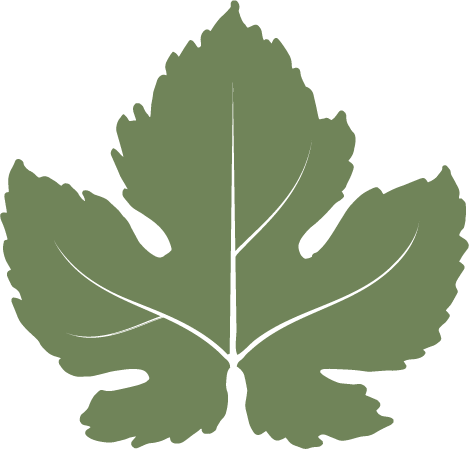Tasting Tips and Techniques
Of course we all taste and learn differently, but I've listed 6 tips that have majorly helped me out over the years.
- You have completely different life experiences than the person next to you. So, stop trying to get what you’re supposed to get in particular wines and focus on what YOU get. The best way of doing this is to keep a “wine journal” and write down everything you taste and smell. Instead of trying to taste Canary Island Malvasia, start with the basic 6 whites and 6 reds from regions of where these grapes are known. For example, Napa Cabernet. Ask your wine shop to sell you only textbook examples of wine when you come in, because you’re trying to grasp these classic styles first.
- When blind tasting for an exam or just personal development, don’t assume that you know what the wine is, immediately. Step back, asses the alcohol, acidity, tannin, and flavor components, you may be surprised. On first sniff, you might go “ Oh, that’s Riesling,” but after tasting it a few times, the alcohol or acidity might not be in line with a classic Riesling at all. So, remember to take your time and think of all the possibilities.
- Take my “Champagne Challenge.” Identifying Champagne vs. any non-Champagne Sparkling Wine can be very difficult for beginners and even intermeeds. I suggest buying 3 different bottles of Prosecco and tasting them over 3 days. Then, buy 3 different Champagnes and do the same (I never said this was going to be cheap). Finally, go back to the same Proseccos for the last 3 days. Make sure to only purchase classic styles of each and journal all tasting notes. Hint: baked bread on your Champagne notes? That’s the yeast talking.
- GO SHOPPING! Go to the flower market, I doubt you know what every flower in the current season smells like. You might just pick up a daffodil and think,"this smells just like Viognier!" Grab a basket and collect a few for a wine tasting "show and tell" to see if anyone can identify similarities There are dozens of floral aromas in every common and/or testable wine, so the comparisons will surely shock you.
- Do the same at the Farmer's Market! Gather several different fruits that are clearly under-ripe. Tasting them at this stage will undoubtedly remind you of either a young wine, a cool (perhaps Old World) region. Compare them with a few over-ripe, stewed or cooked fruits. For example: make cranberry sauce. Your wine brain will likely take you to a warm or hot (probably New World) region, or possibly a wine that's spent some extra time on the vine.
- Partner up! Group tastings are a great way to make you feel like crap -just kidding.. However, if you are studying for an exam and you have a friend who has already taken it, they can give you some insight into what you should know, how close you are to the answer, etc..

